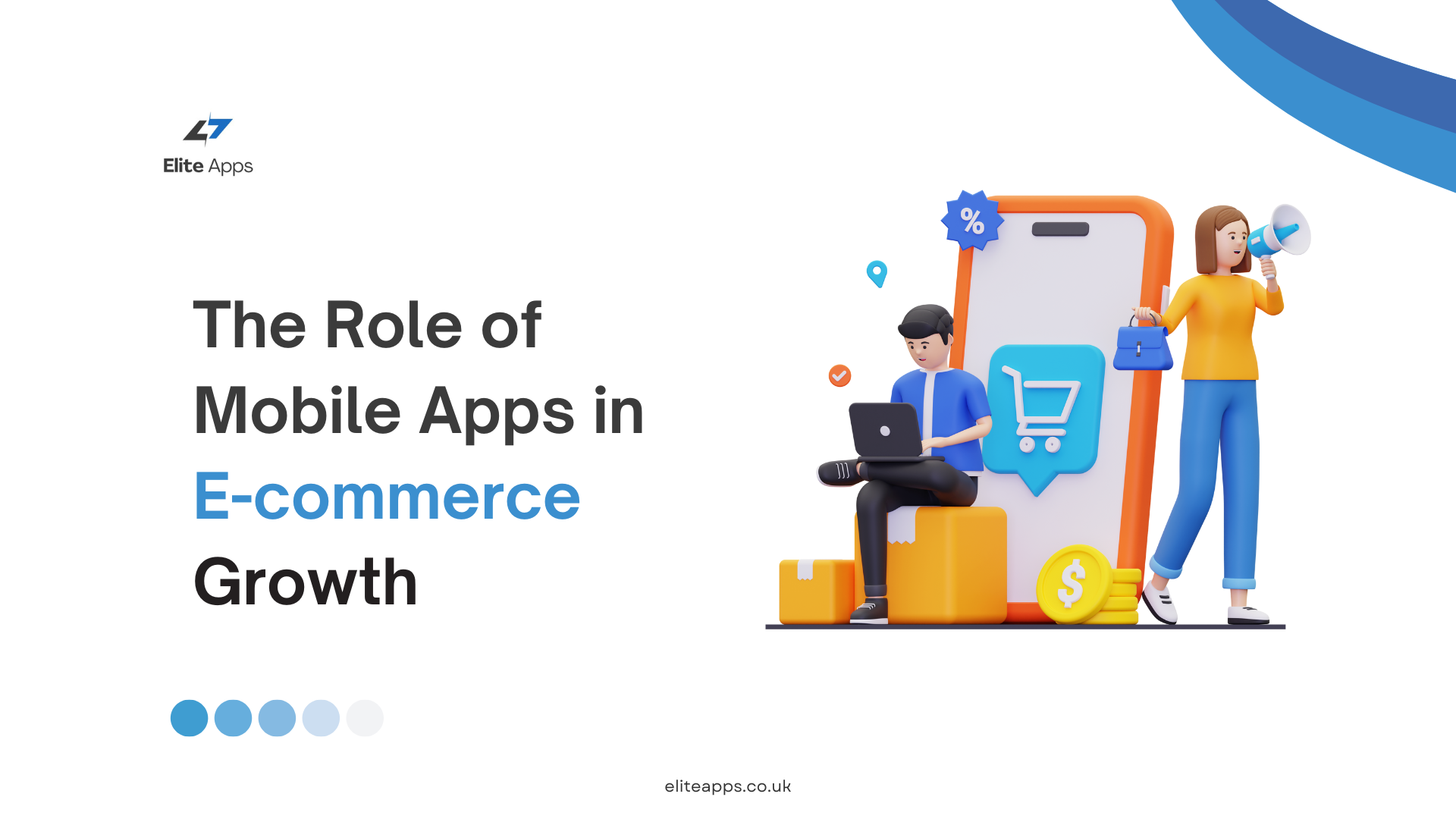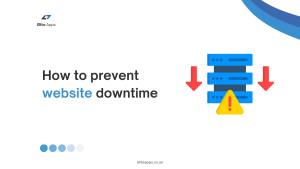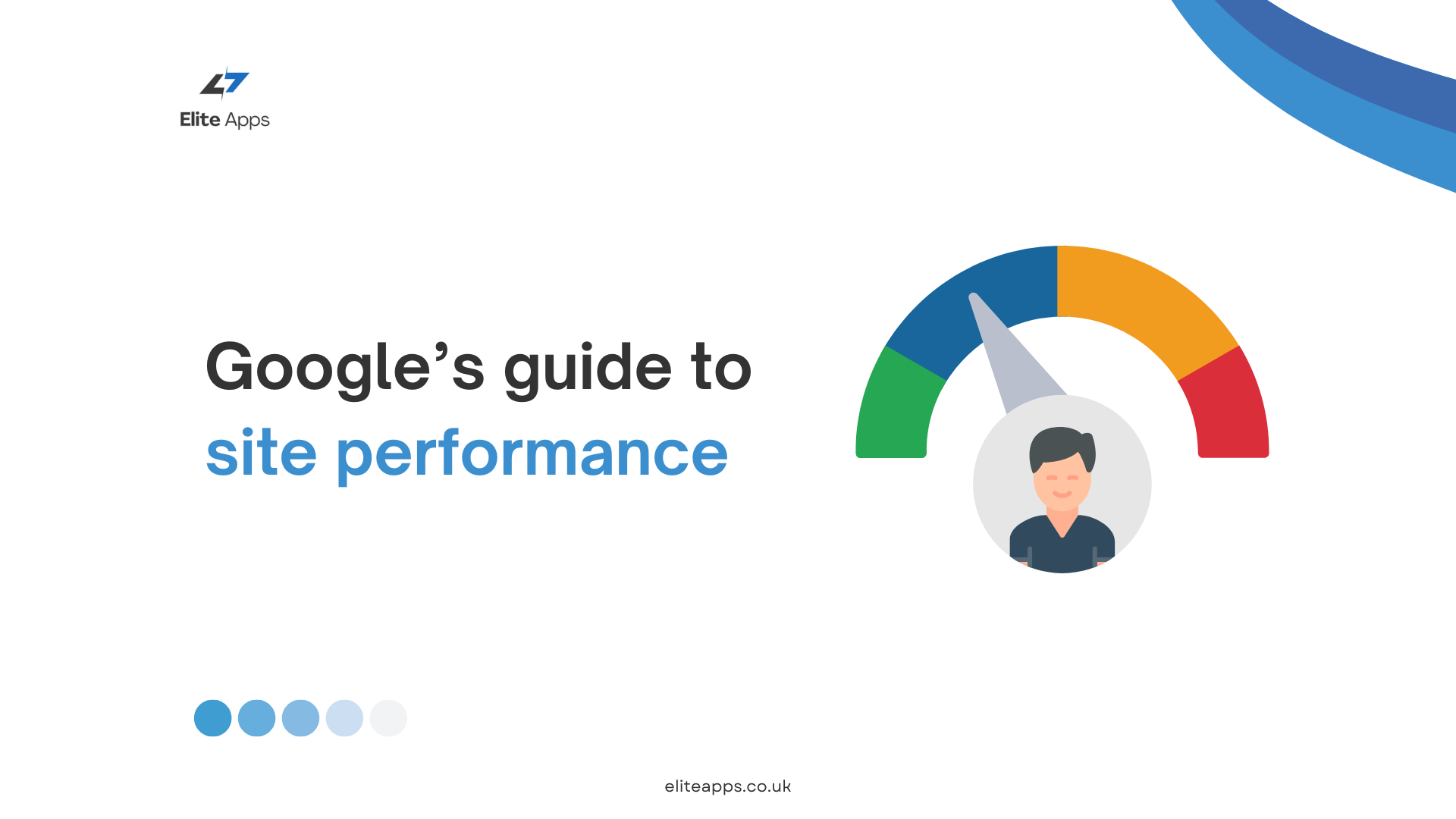In the past decade, mobile apps have become a cornerstone of e-commerce growth, revolutionizing the way consumers interact with brands and purchase products. With the rapid advancement of mobile technology and the widespread adoption of smartphones, mobile apps are now an essential tool for businesses looking to thrive in the digital marketplace. Let’s explore how mobile apps contribute to the exponential growth of e-commerce.
1. Enhanced User Experience
Mobile apps provide a seamless, user-friendly experience that websites often struggle to match. Apps are designed for mobile devices, making navigation smoother and more intuitive. Features like push notifications, saved preferences, and faster loading times create a personalized shopping experience that keeps users engaged.
Consumers value convenience, and apps provide it. For example, one-click checkout, personalized product recommendations, and integrated payment systems are all easier to implement in an app, leading to higher conversion rates compared to mobile websites.
2. Increased Customer Loyalty and Engagement
Mobile apps create a direct line of communication between businesses and their customers. Through push notifications, businesses can keep users informed about promotions, new arrivals, or exclusive deals, ensuring customers stay engaged.
Loyalty programs are also easier to manage through mobile apps. Companies can offer rewards, points, and exclusive offers directly to their users, incentivizing repeat purchases. This drives customer retention and builds a loyal customer base.
3. Improved Personalization
Personalization is key to a successful e-commerce strategy, and mobile apps are at the forefront of delivering tailored experiences. Apps can track user behavior, preferences, and past purchases to offer personalized recommendations. With AI-driven algorithms, apps can analyze user data and offer products that match individual tastes, boosting sales and enhancing customer satisfaction.
Moreover, apps can use geolocation features to provide localized promotions or suggest nearby stores, adding another layer of personalization to the shopping experience.
4. Boosted Sales Through Mobile Commerce (m-Commerce)
Mobile commerce, or m-commerce, is a significant driver of e-commerce growth. With mobile apps, consumers can shop from anywhere, at any time. This convenience has led to a surge in mobile shopping, with more consumers making purchases through apps rather than desktop websites.
According to recent statistics, mobile devices accounted for over 70% of e-commerce traffic worldwide, and this trend shows no sign of slowing down. Companies that invest in a robust mobile app presence are more likely to capture this growing market segment.
5. Integration with Emerging Technologies
Mobile apps allow e-commerce businesses to integrate cutting-edge technologies like augmented reality (AR), voice assistants, and AI chatbots, which enhance the shopping experience. For instance, AR can help users visualize products in real-time, such as how a piece of furniture will look in their living room or how an outfit will fit. These features increase buyer confidence and reduce return rates.
Voice search and AI assistants integrated within apps also streamline the shopping process. Consumers can search for products, ask questions, and even make purchases through voice commands, providing a futuristic and convenient shopping experience.
6. Better Data Collection and Analytics
Mobile apps give businesses deeper insights into customer behavior. Through analytics tools, companies can track how users interact with the app, which products are most popular, and what drives purchases. This data is invaluable for making informed decisions regarding marketing strategies, inventory management, and customer service improvements.
Moreover, businesses can use in-app surveys or feedback forms to gather real-time insights from customers, allowing them to adapt quickly to market demands and customer preferences.
7. Faster Payment Processes
Mobile apps make the payment process more streamlined compared to traditional websites. Integrating mobile wallets like Apple Pay, Google Pay, and various credit card services allows users to make payments with minimal effort. This ease of payment reduces cart abandonment and ensures that customers complete their purchases.
Many apps also allow users to store their payment information securely, enabling one-click payments, which is a major factor in driving impulse purchases.
Conclusion
Mobile apps play a crucial role in the ongoing growth of e-commerce by offering enhanced user experiences, improving customer loyalty, and providing personalized shopping journeys. As consumers continue to embrace the convenience of mobile shopping, businesses that invest in mobile apps are well-positioned to capture new market opportunities and stay competitive in the fast-evolving e-commerce landscape. By integrating the latest technologies and providing seamless payment solutions, mobile apps are not only shaping the future of e-commerce but are also driving its success.
As mobile commerce continues to grow, businesses need to prioritize their mobile app development to stay ahead of the competition and meet the demands of today’s tech-savvy consumers.
This includes reliable external resources, providing context and further reading for your blog.








